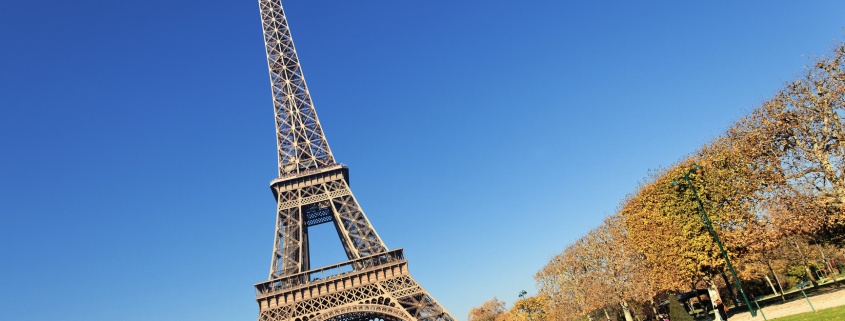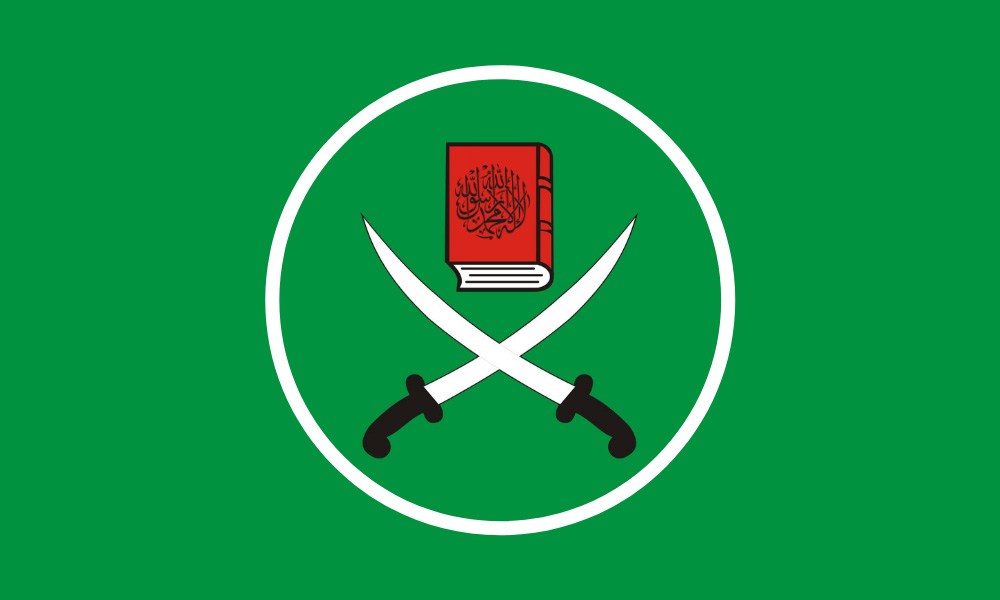French theologian urges Islam to self-critique, fails to notice log in own eye
By DANIEL J. SCHULTZ
Religion Dispatches
In a piece published in Le Point on January 12th (translated and reprinted in Sightings on January 30th) eminent philosopher-theologian Jean-Luc Marion declared, “France is at war; we can no longer doubt that this is the case.”
This war, according to Marion, has three fronts: first, the defense against terrorist attack; second, the war to defend secularism (laïcité); and third, the urgent need for Islam to “open itself to critique.”
But who is this “we” that Marion speaks of, and who amongst “us” has ever doubted that France is at war? – Certainly not the French who trace their origins to the Maghreb, West Africa, and South East Asia, or the immigrants who live beyond the confines of Paris’ périphérique. The “we” that needs to be reminded that it is at war is the “we” that has been waging it for over a century. This is the (generic Western, liberal, mostly white) “we” whose punditry rallies to the strong rhetoric of war when something tragic occurs in New York, Madrid, London, and Paris, but which prefers a measured tone – the well-mannered affect of journalistic prose – and a level headed cost-benefit analysis when it comes to discussing the crimes of Western armies, civilian dead, and where next to bring the civilizational goods of democratic modernity. This is the “we” whose public voice constitutes the consensus around shared national values.
The problem with Marion’s “we” is not the way it assents to the specified content of liberal rights and secular values (indeed, such values are shared widely – beyond the West and by many Muslims themselves); it is rather with the way in which this “we” makes the discourse of Western moral exemplarity (the moral high ground belongs to us) the idiom through which these rights and values are articulated.
Islam has never formed a part of this historical consensus, it has never been meaningfully included in the socio-political compact within France (Judaism, it should be noted, only gained entry very late, after having paid the highest of costs). This “we” is thus a false universal—which makes the appeal to a renewed pedagogy of secularism and the scolding of Islam for lack of self-criticism particularly hypocritical.
Islam is excluded precisely through the inclusive gestures of French secular universalism. It is marked as historical weight. Prohibiting the hijab, to take one of numerous examples, makes the overcoming of the religion itself the condition of inclusion into the Republican contract. The same cannot be said of Christianity because it is internal to the set of historical negotiations that underwrite the legal architecture of French laïcité. The prohibiting of Christian symbols from the public sphere only confirms its larger inclusion into the social contract. Islam, however, remains frozen in a colonial gaze. Like the Judaism of pre-war France, it is doubly excluded; excluded historically from the consensus, and excluded through the false universalism and wide-eyed blindness of its formal legal inclusion. There are laws today in France that criminalize Holocaust denial, but no such laws exist for the denial of colonial massacres (in Algeria for instance).
In Marion’s defense, the call for a “positive” secularism, which would presumably prioritize the right to express oneself religiously over the right to protect the public sphere from all trace of religiousness, might be a positive. The fanatic desire to erase religion from the public, Marion rightly points out, makes something of a religion of secularism itself.
This, however, doesn’t change the fact that the call for Muslim self-criticism obscures the reality that it already exists—and, on the other hand, that there is a very real need for secular self-criticism. This “we” which is no longer in doubt about Marion’s “war,” could do with a little soul searching. It might want to consider, for example, the ways in which the discourse of secular modernity undergirds the deployment of the vast war machinery of the West, or to recognize that war in Bagdad is no less war than war in Paris. Such self-criticism, it seems, will not be quick in coming.
Two weeks after the Charlie Hebdo attacks, French President François Hollande proclaimed a set of sweeping educational reform measures; he called them the “great mobilization of the schools to the [secular] values of the Republic.” These measures, reported by Le Monde and elaborated in detail by education minister Najat Vallaud Belkacem on January 22, were announced not primarily in response to the killings, but in response to a troubling set of responses of young people to this tragic episode.
There have been numerous accounts of students who refused to observe a moment of silence the day after the shootings. Some of these students, having taken umbrage at the representations of the prophet, expressed a chilling solidarity with the attackers and their motivations. In the immigrant dominated Parisian suburb of Clichy-sous-Bois, reported the New York Times, teacher Éric Bettancourt told the television channel France 2 that a majority of his students did not observe the silence. He went on to say the students “considered that it was forbidden to make blasphemies or insult the prophet through drawings or speech.” Many teachers – shocked and speechless – found themselves unable to engage.
These new measures, which aim to support teachers and inculcate Republican virtues, include a “zero tolerance” policy towards behaviors that denigrate the values of the Republic, forms of punishment whose goal is to integrate through community service, specific forms of “moral and civic education,” and, as a centerpiece of this state pedagogy, a secularism day [une journée de la laïcité] on December 9th which will commemorate the 1905 separation of church and state and include a celebration of symbols of the Republic (like the tricolore flag and La Marseillaise national hymn).
The presumption in all of this is that young French Muslims do not understand the values of the Republic. Perhaps the real problem is that they understand them all too well.

















2015
825 views
views
0
comments